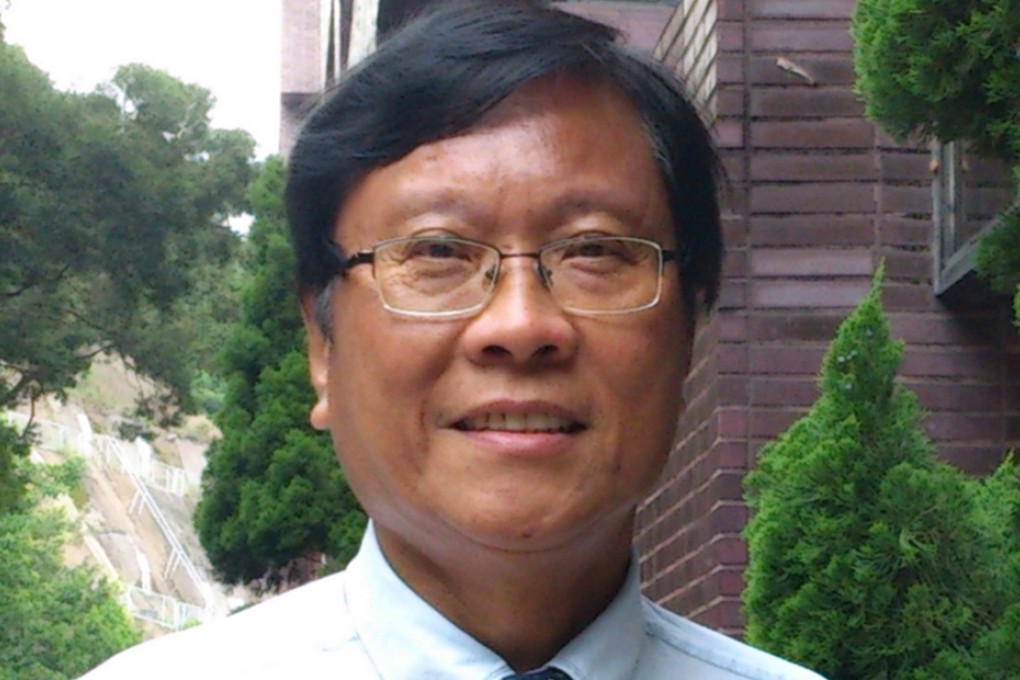Planned innovation bureau will show the way to go in research
The planned innovation and technology bureau is necessary to improve scientific development in the city, a University of Hong Kong scientist says.

The planned innovation and technology bureau is necessary to improve scientific development in the city, a University of Hong Kong scientist says.
The government body would be able to identify Hong Kong's competitive advantages and establish the best directions for research work, said Professor Rudolf Wu Shiu-sun, director of the HKU school of biological sciences.
Wu also called on local universities to capitalise on one another's assets and cooperate more to maintain the city's edge in research. Local research standards were good on an individual basis, but teamwork was lacking on a bigger scale, he said.
"My honest opinion is that universities tend to limit themselves," he said. "We collaborate more with overseas universities than with other local institutions. Each just wants itself to do well. Hong Kong's researchers have to think about this, otherwise we will be overtaken by other places within a short time."
Studies in food safety, for example, held potential for collaboration, Wu said, noting the importance of the issue on the mainland as the economy grew.
That was where researchers would have to draw on multidisciplinary expertise in areas including biology, chemistry, humanities, medical science and legal issues, he noted.